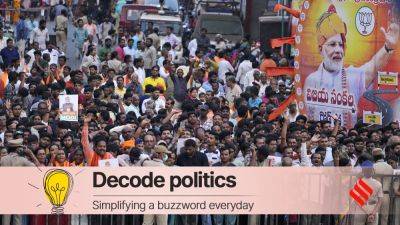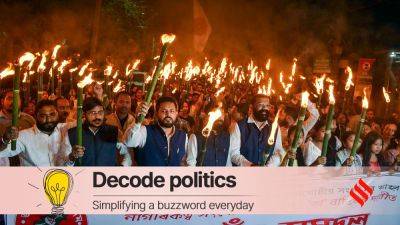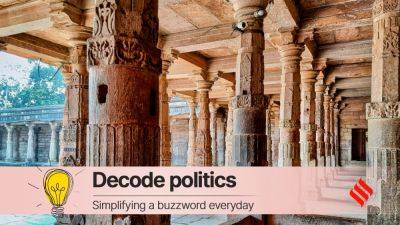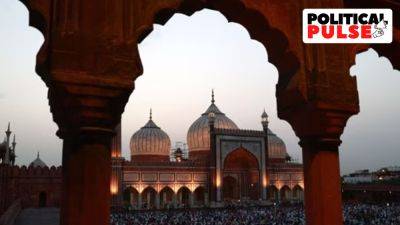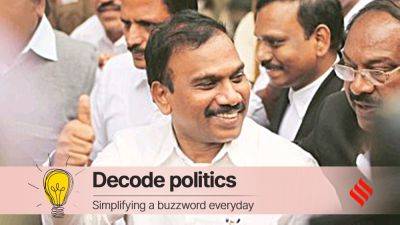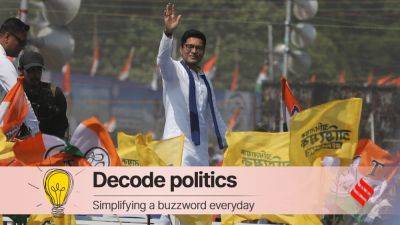Decode Politics: As Himachal govt teeters, how often has draw of lots been used? Almost never
The BJP’s shock victory Tuesday in the election to the lone Rajya Sabha seat in Himachal Pradesh, where the Congress is in power, may be one of the rare instances where the winner was decided by a draw of lots.
After six Congress MLAs cross-voted, the party’s candidate Abhishek Manu Singhvi and BJP nominee Harsh Mahajan got 34 votes each. In the event of a tie, the winner must be decided by a draw of lots, in which Mahajan eventually emerged as the victor.
The Rajya Sabha MPs are elected by the respective state Legislative Assemblies’ members through proportional representation of a single transferable vote.
Like other elections, voting for the Rajya Sabha polls, too, were meant to have a secret ballot. But, in 2003, the Atal Bihari Vajpayee government amended the Representation of the People (RP) Act, 1951 to enable an “open ballot” for elections to the Upper House.
When this was legally challenged by ex-MP and journalist Kuldip Nayar, the Supreme Court upheld it in 2006. “The contention that the right of expression of the voter at an election for the Council of States is affected by open ballot is not tenable, as an elected MLA would not face any disqualification from the membership of the House for voting in a particular manner. He may at the most attract action from the political party to which he belongs,” the court had observed.
The RP Act provides for a draw of lots to decide the winner in case of an “equality of votes” in an election.
“If, after the counting of the votes is completed, an equality of votes is found to exist between any candidates, and the addition of one vote will entitle any of those candidates to be declared elected, the returning officer shall forthwith decide between those candidates by lot, and


